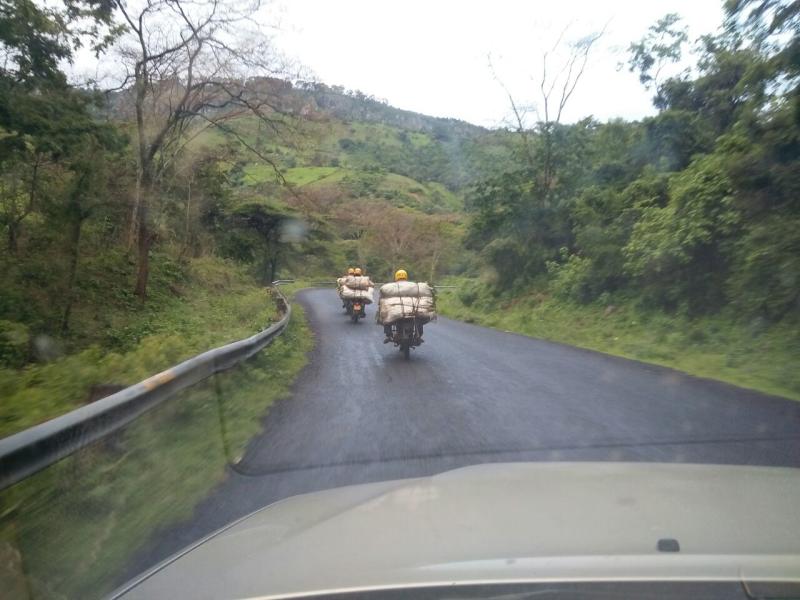×
The Standard e-Paper
Stay Informed, Even Offline

Despite the Government ban on logging and charcoal burning, unscrupulous businessmen have devised ingenious ways of transporting the product to evade arrest.
Charcoal traders in the region have resorted to using motorbikes loaded with the commodity and transferring the sacks to waiting lorries in hidden locations.